Discover Learn Persian with Chai and Conversation
Learn Persian with Chai and Conversation

Learn Persian with Chai and Conversation
Author: Chai & Conversation
Subscribed: 2,266Played: 128,780Subscribe
Share
© Copyright 2012 Learn Persian with Chai and Conversation
Description
Learn Persian with Chai and Conversation teaches you conversational Persian in a fun and casual manner in weekly lessons of about 15-20 minutes each. Check out our website chaiandconversation.com for more information.
216 Episodes
Reverse
In this lesson, we cover the words and phrases in the next four lines of the poem yoosofé gom gashté by Hafez. In this part of the poem, Hafez provides the reader encouragement and inspiration for overcoming any difficulties they may face.
In this lesson, we go over more words and phrases in the next four lines of the poem yoosofé gom gashté by Hafez. Here, Hafez reassures the reader regarding forces that are beyond their control.
In this lesson, we go over the individual words and phrases in the next four lines of the poem yoosofé gom gashté by Hafez, which refer broadly to the nature of the heavens and earth.
In this lesson, we go over the individual words and phrases in the first four lines of the poem yoosofé gom gashté by Hafez.
In this lesson, we conclude our discussion of the section “On the Creation of the World” from Ferdowsi's Shahnameh and reflect on its implications with Dr. Omid Arabian. In this last part, Ferdowsi explains the origins and significance of human beings in more detail.
In this introductory lesson to Hafez's poem yoosofé gom gashté, we're joined by Prof. Sahba Shayani to talk about the general theme and meaning behind this poem.
In this lesson, we proceed to the fifth part of our discussion of the section “On the Creation of the World” from Ferdowsi's Shahnameh with Dr. Omid Arabian. In this part of the epic poem, Ferdowsi briefly concludes his discussion of the origins of plants and animals and begins explaining the origins of human beings.
In this lesson, we proceed to the fourth part of our discussion of the section “On the Creation of the World” from Ferdowsi's Shahnameh with Dr. Omid Arabian. This part of the epic poem explains Ferdowsi's account of the origins of plants and animals.
In this lesson, we proceed to the third part of our discussion of the section “On the Creation of the World” from Ferdowsi's Shahnameh with Dr. Omid Arabian. This part of the epic poem discusses the formation of the Earth.
In this lesson, we continue our discussion of the section “On the Creation of the World” from Ferdowsi's Shahnameh with Dr. Omid Arabian. This part of the epic poem discusses the very beginnings of the universe.
In this lesson, we begin our discussion of the section of Ferdowsi's Shahnameh called “On the Creation of the World” with Dr. Omid Arabian. We begin with a discussion of just the first two lines (the first two rhyming couplets).
In this lesson, we learn some more expressions for expressing thanks, particularly in the context of visiting a jewelry store or other shop and making arrangements in advance.
In this episode of Growing Up Irooni, journalist Nilo Tabrizy joins Leyla Shams to talk about her groundbreaking book For the Sun After Long Nights — The Story of Iran’s Women-Led Uprising, recently long-listed for the National Book Award. Nilo reflects on what it means to love a country she can no longer return to, the emotional toll of reporting on Iran from afar, and her friendship and collaboration with Iranian journalist Fatemeh Jamalpour, who reported from inside Iran during the Women Life Freedom movement.Together they discuss:The personal cost of choosing to tell Iran’s storyThe rise of forensic journalism and verifying truth in the digital ageThe trauma and beauty of living between worldsThe responsibility and tensions within the Iranian diasporaWhy every act of defiance by Iranian women still mattersThis conversation offers a rare glimpse into the human side of reporting on revolution, identity, and belonging.🔗 Related Links📖 For the Sun After Long Nights by Nilo Tabrizy & Fatemeh Jamalpour → Book Link 🎧 Listen to Nilo Tabrizy on Pod Save America → [Episode Link]📰 Follow Nilo Tabrizy’s work → Instagram @badboystomeninblackhawkdown | X @NiloTabrizi📺 Watch the video interview on YouTube → YouTube Link to Full Conversation🌸 Learn Persian with Leyla Shams → chaiandconversation.com
In this lesson, we learn some other tārof-related expressions for expressing thanks, especially when talking to people at a party or other social gathering.
In this lesson, we learn a few more tārof-related expressions useful when talking with neighbors and also learn some useful phrases about gardening.
In this lesson, we learn how to talk a little bit about school.
In this lesson, we continue to explore examples of tārof relevant in situations where we have guests at our houses.
In this lesson, we cover the thrilling conclusion to the Story of Zal in the Shahnameh with Leyla and Dr. Sahba Shayani, where Zal returns with Sam to their palace in Zabulistan, where he enjoys a hero's welcome.
In this lesson, we continue our discussion of Ferdowsi's Shahnameh with Dr. Sahba Shayani to the fourth part of the Story of Zal, where Simorgh reunites Zal with his father, Sam.
In this lesson, we continue our discussion of Ferdowsi's Shahnameh with Dr. Sahba Shayani to the third part of the Story of Zal, where Sam begins to have dreams that inspire him to search for the son he had previously abandoned.


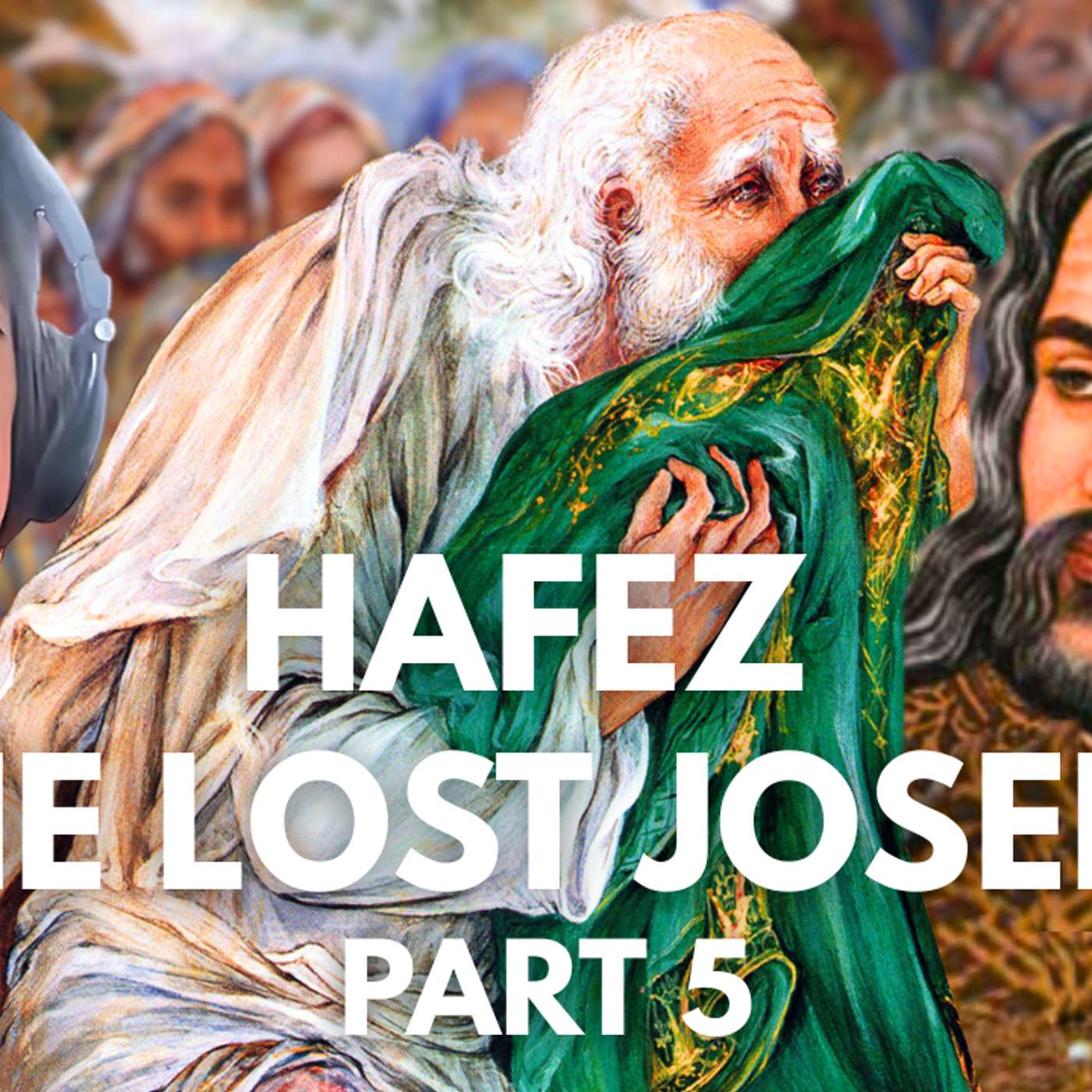
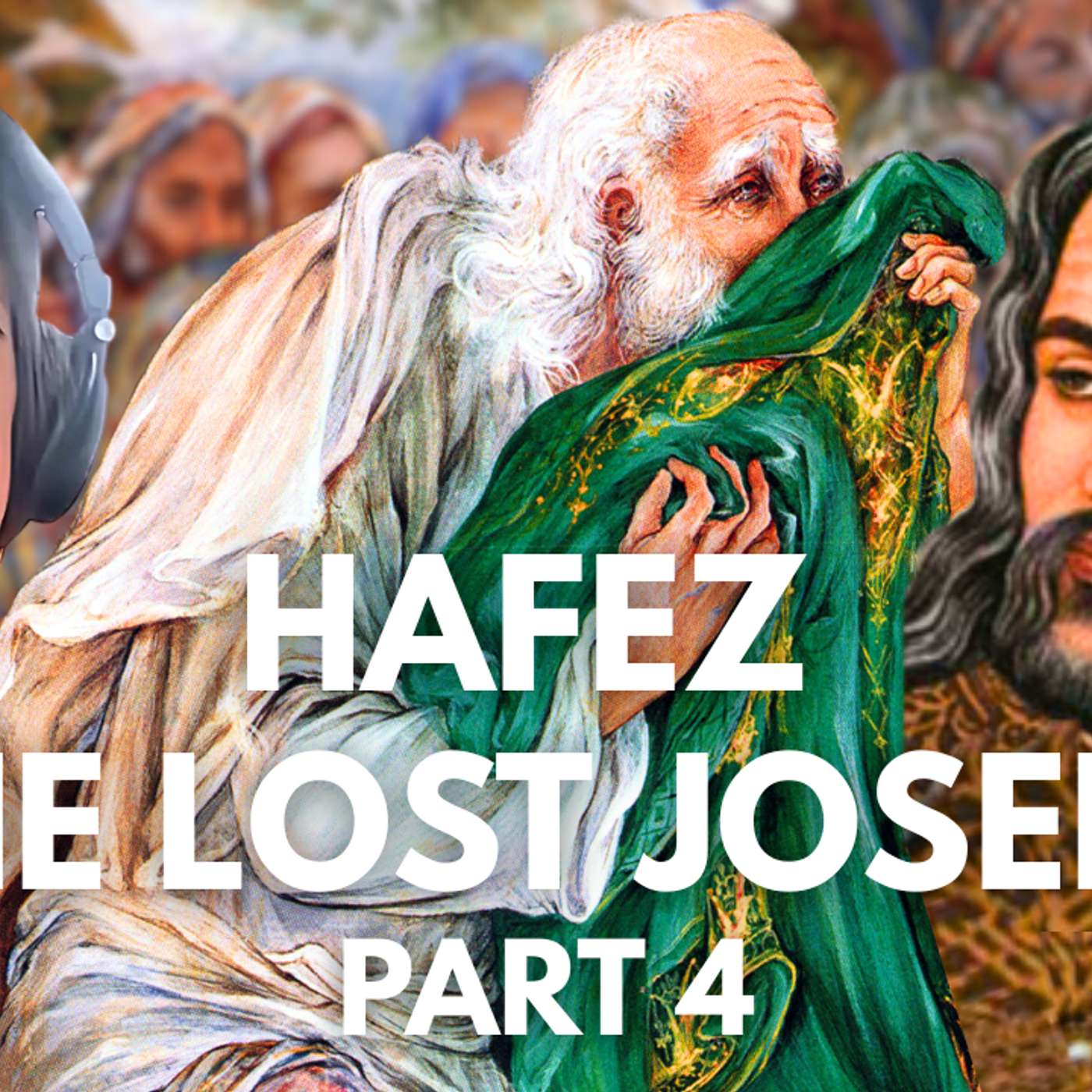


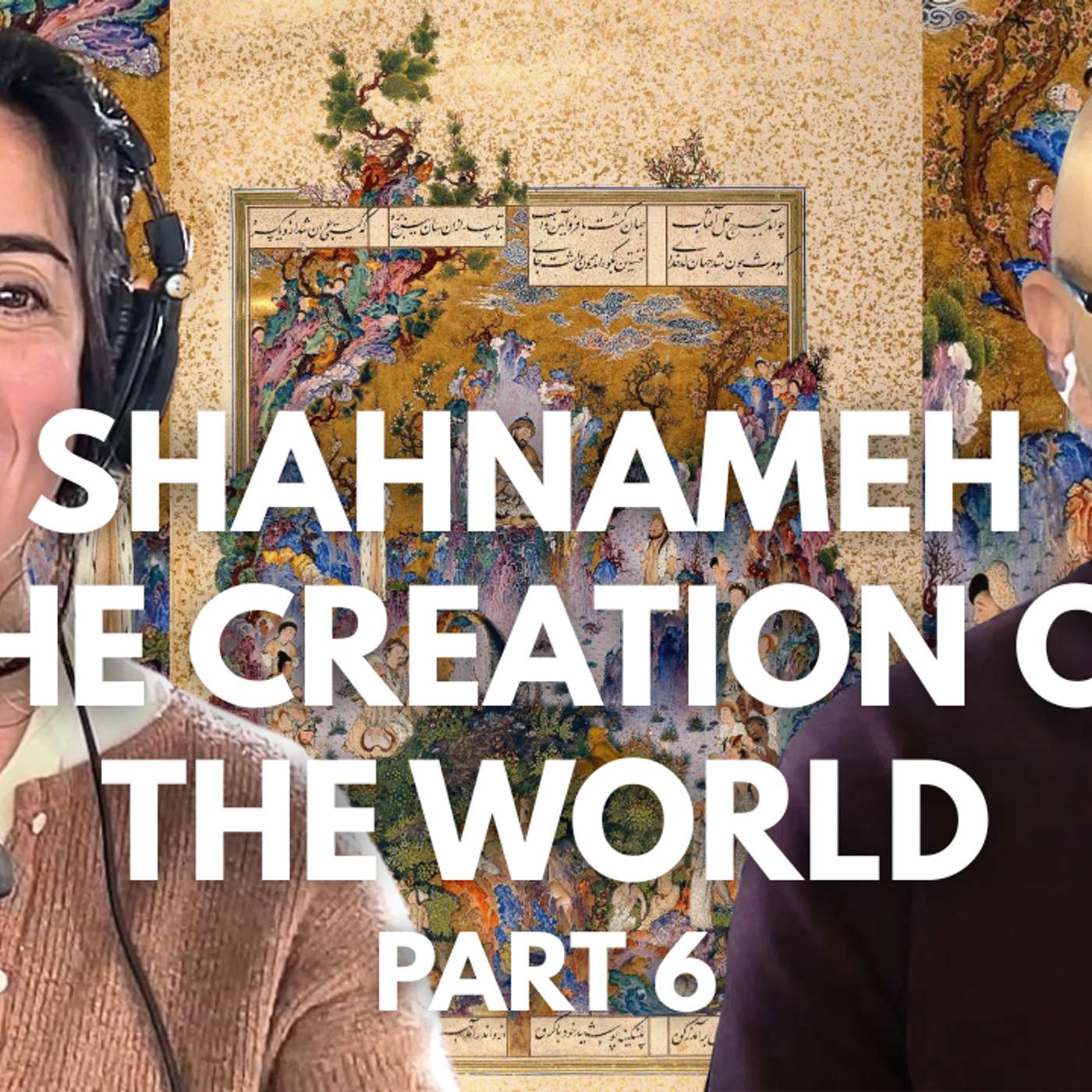
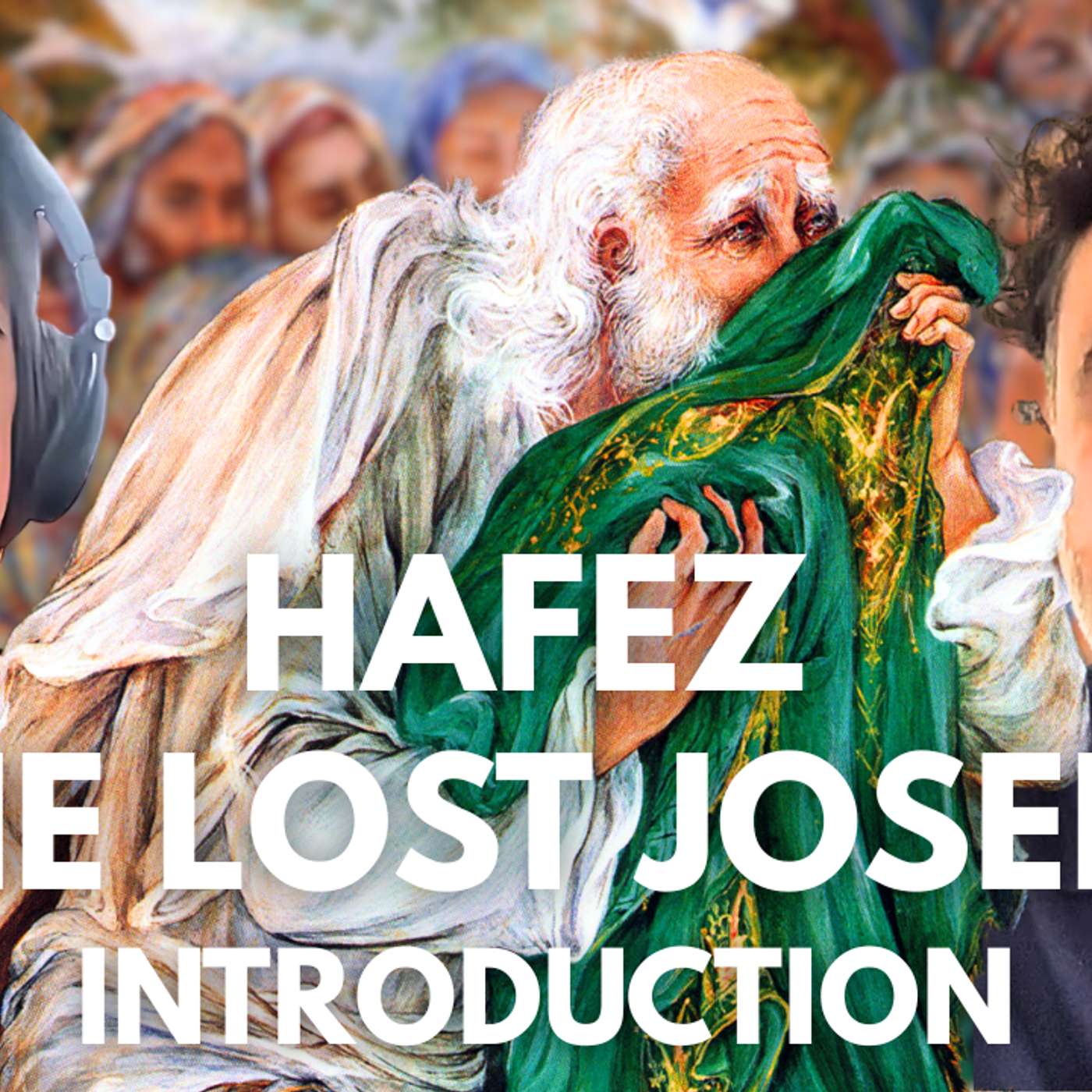
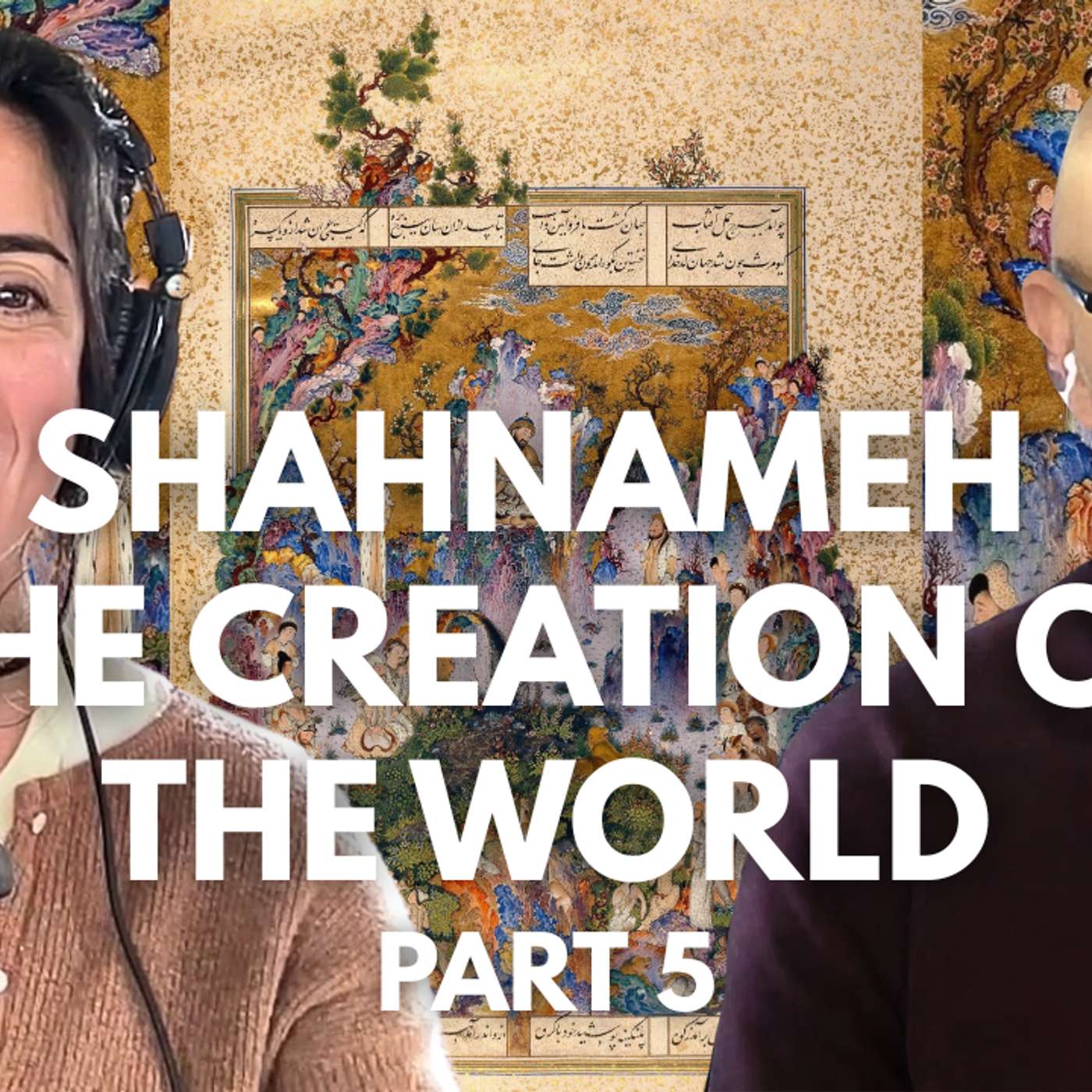
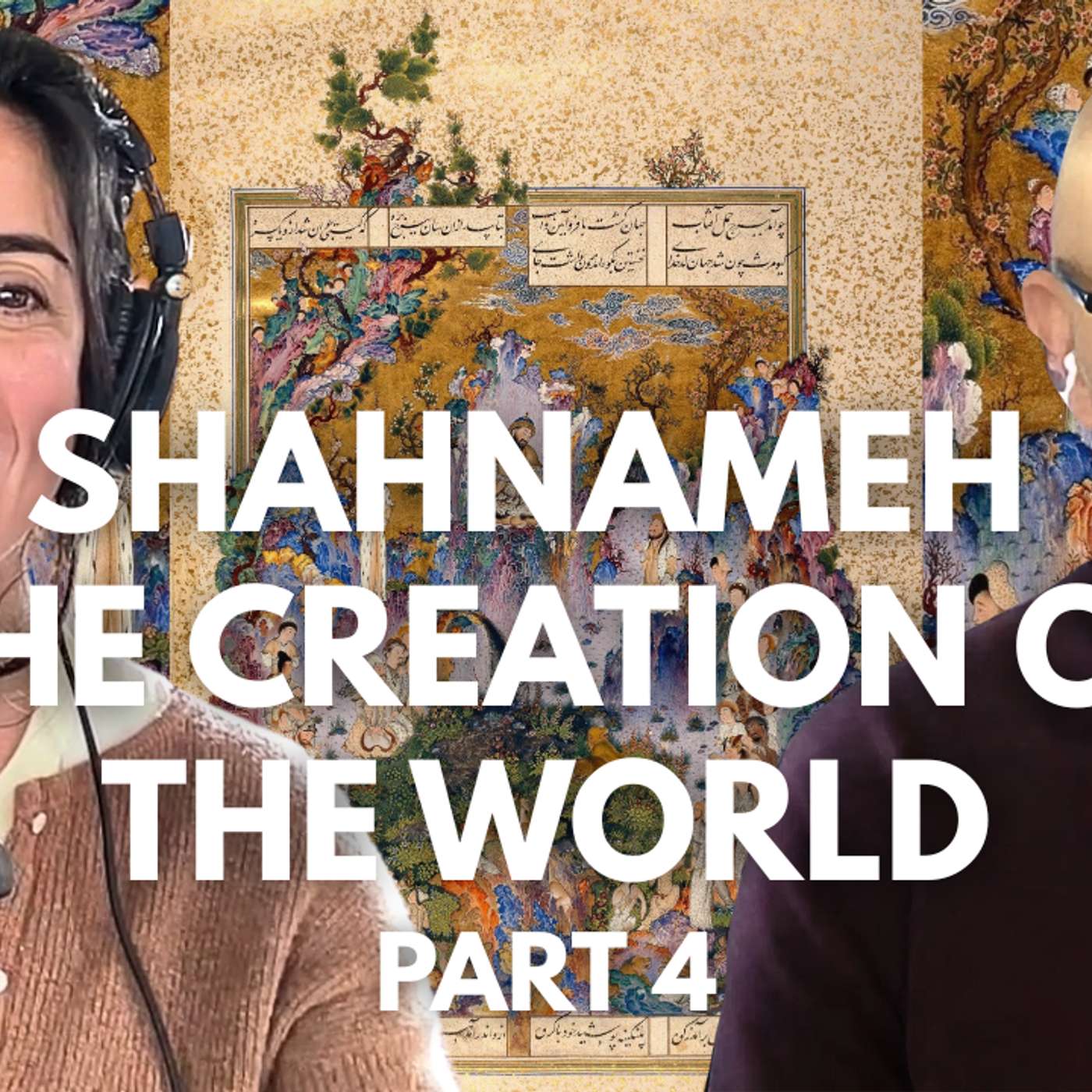
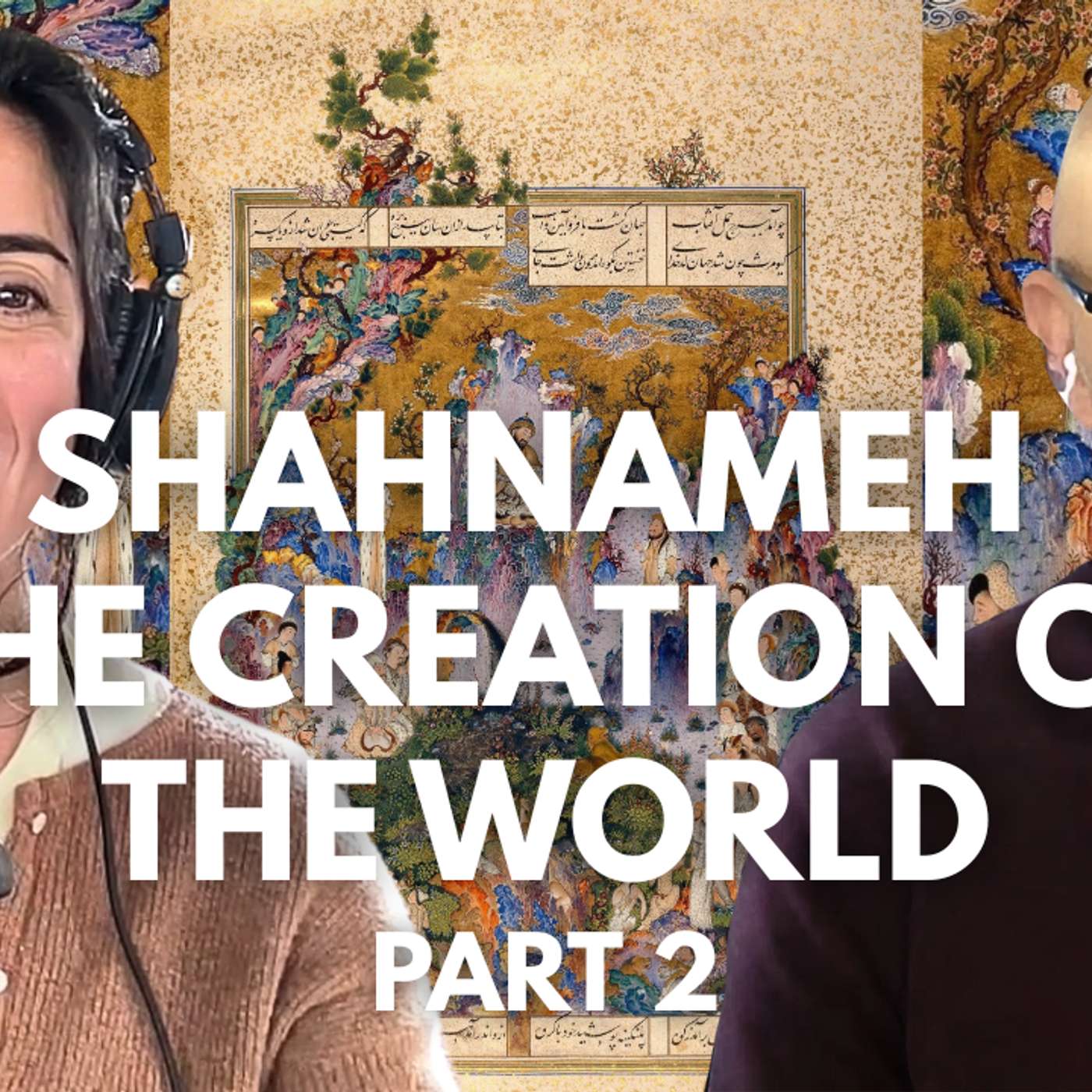
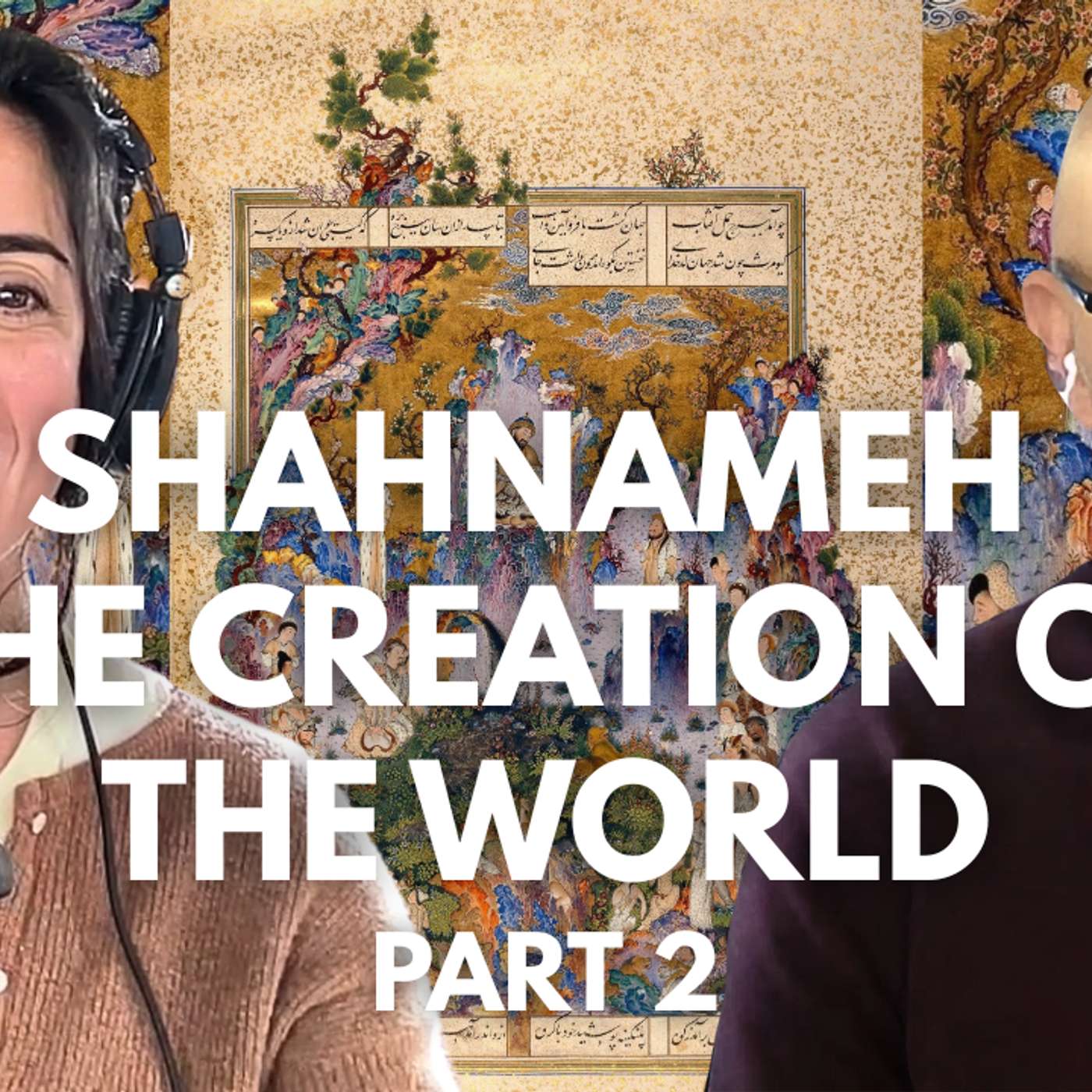
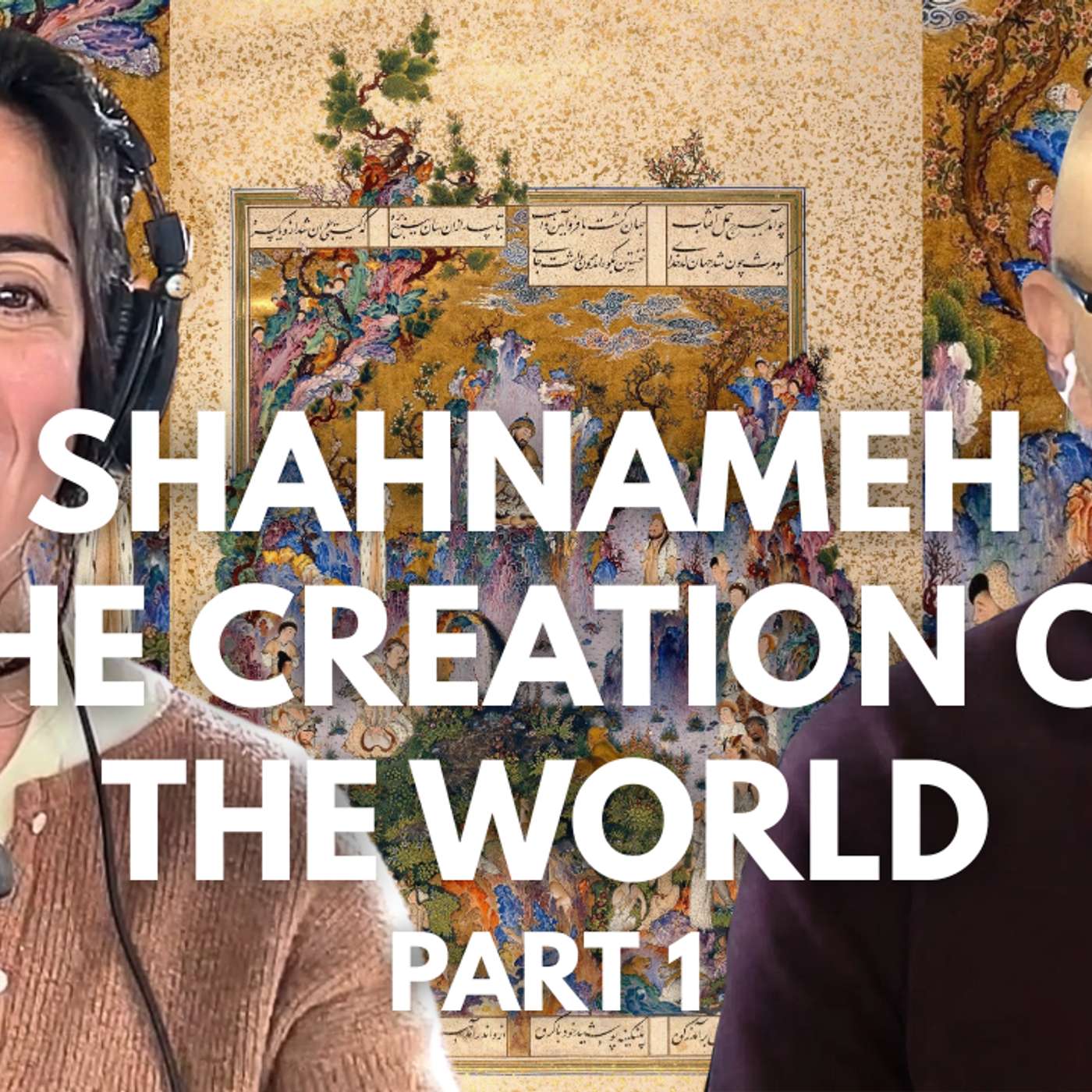

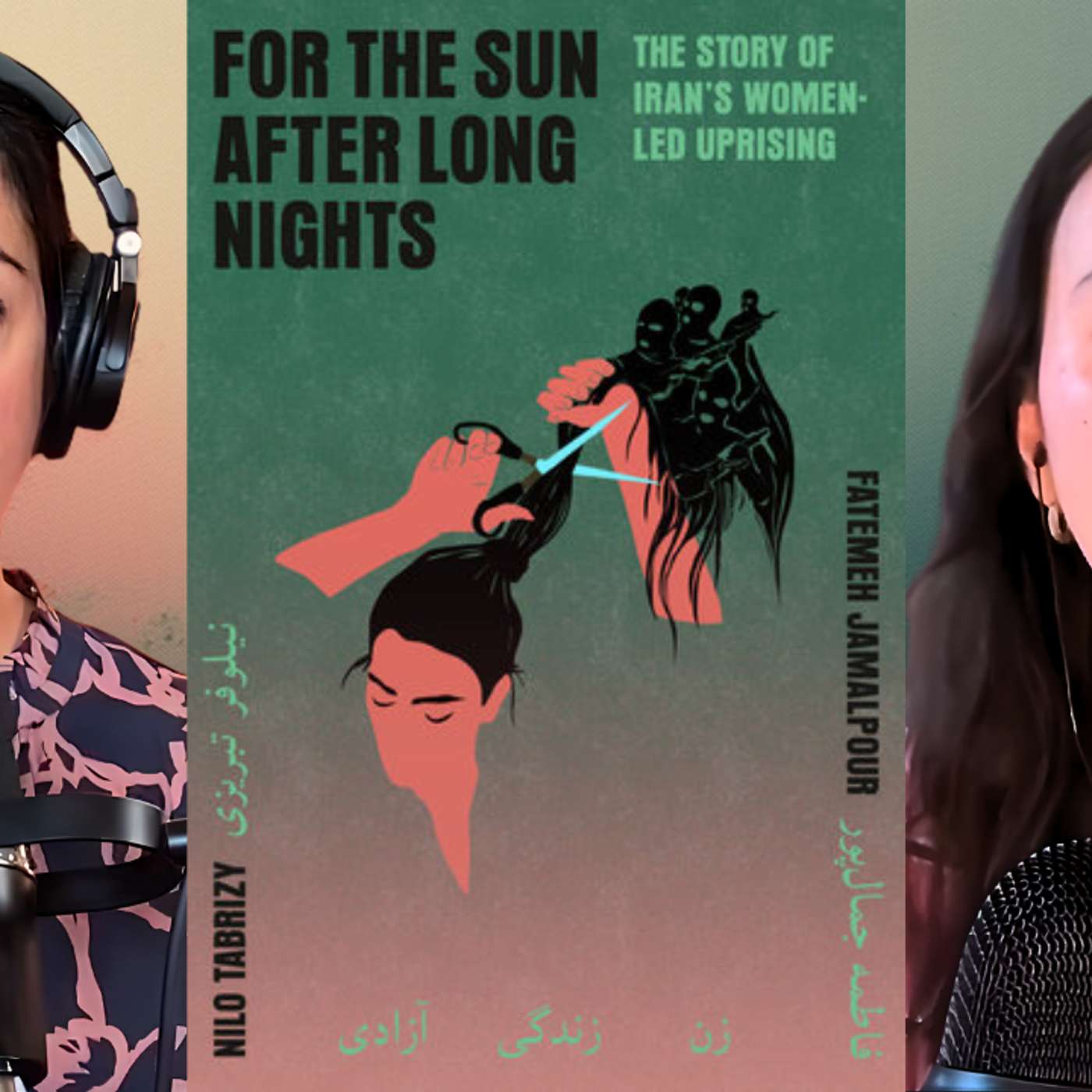
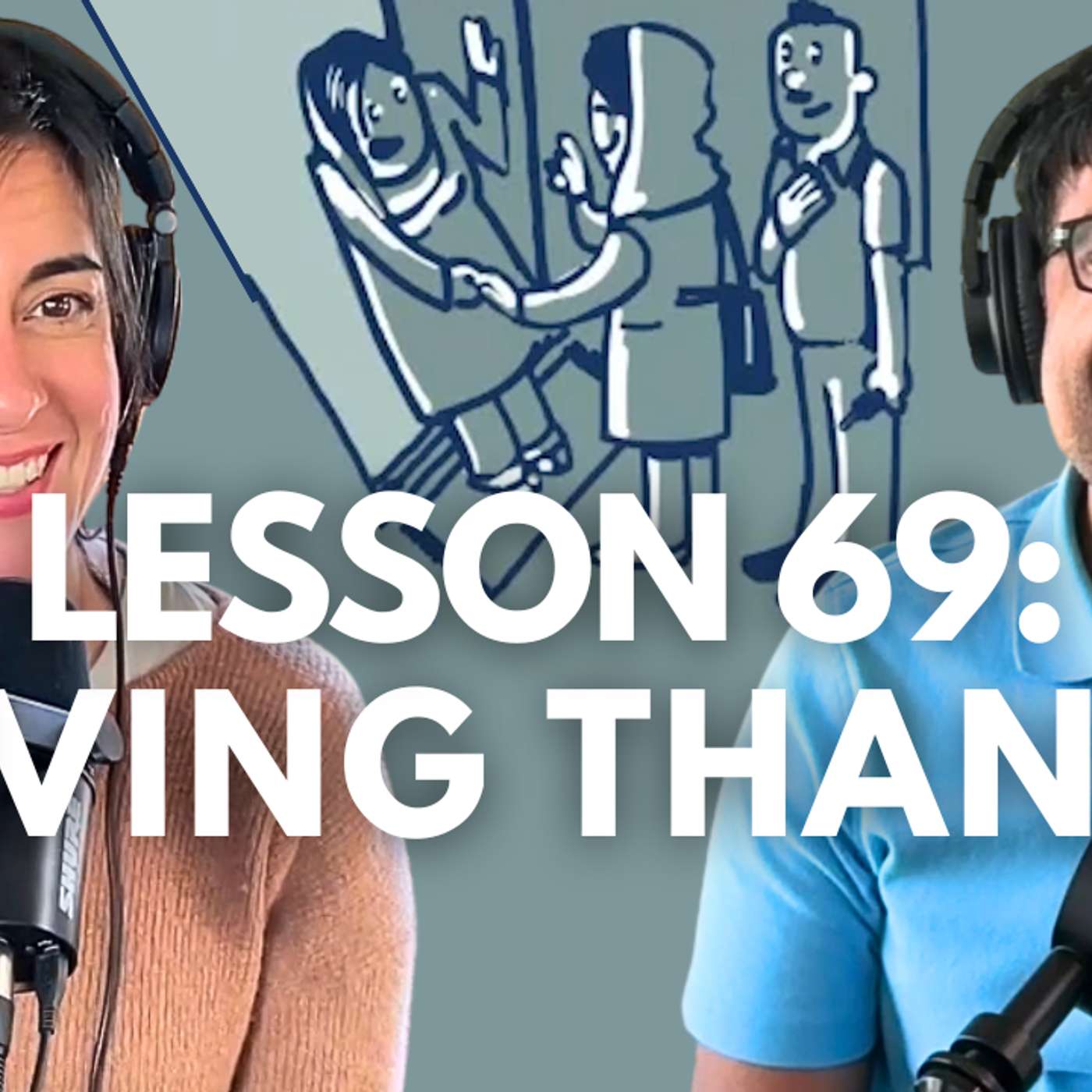
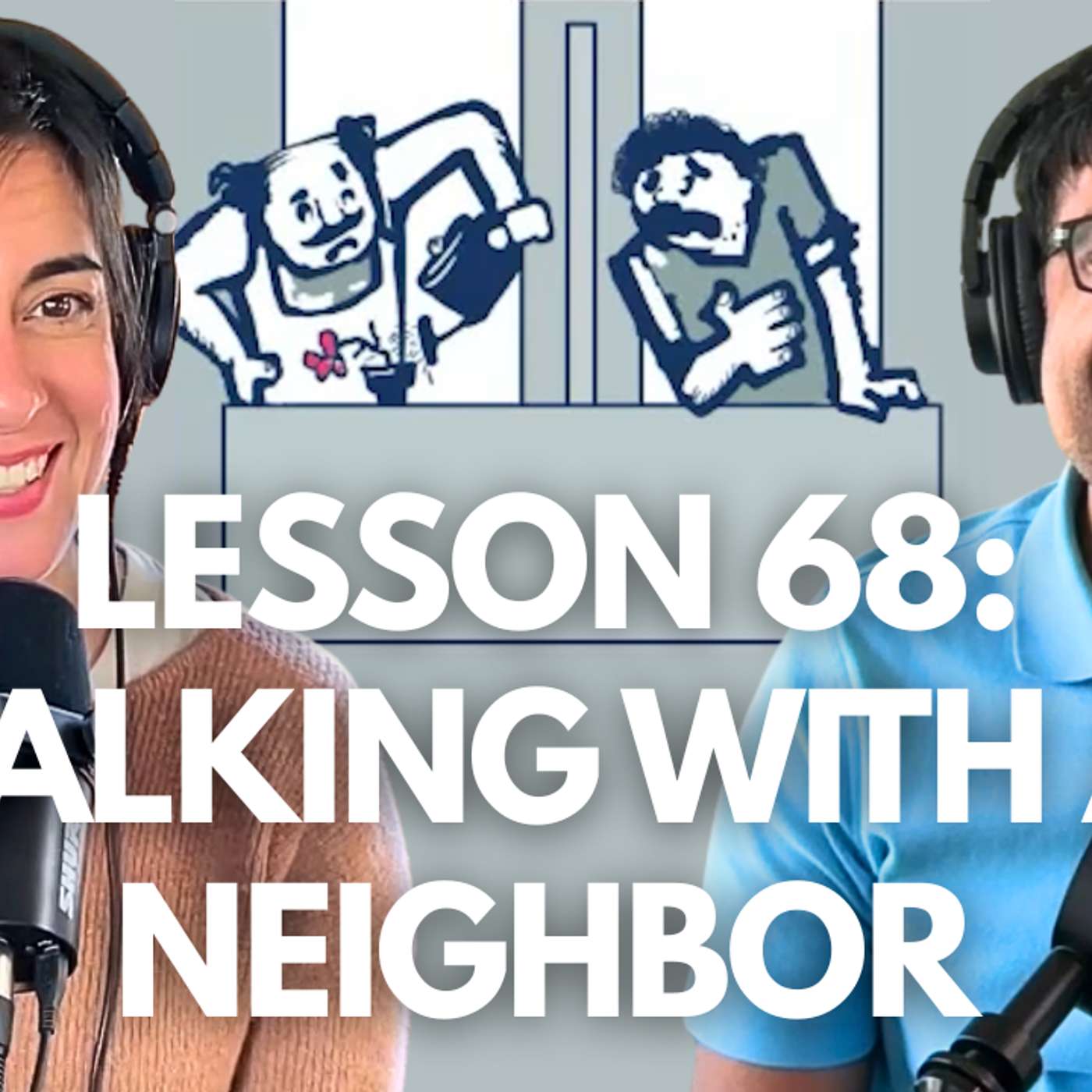
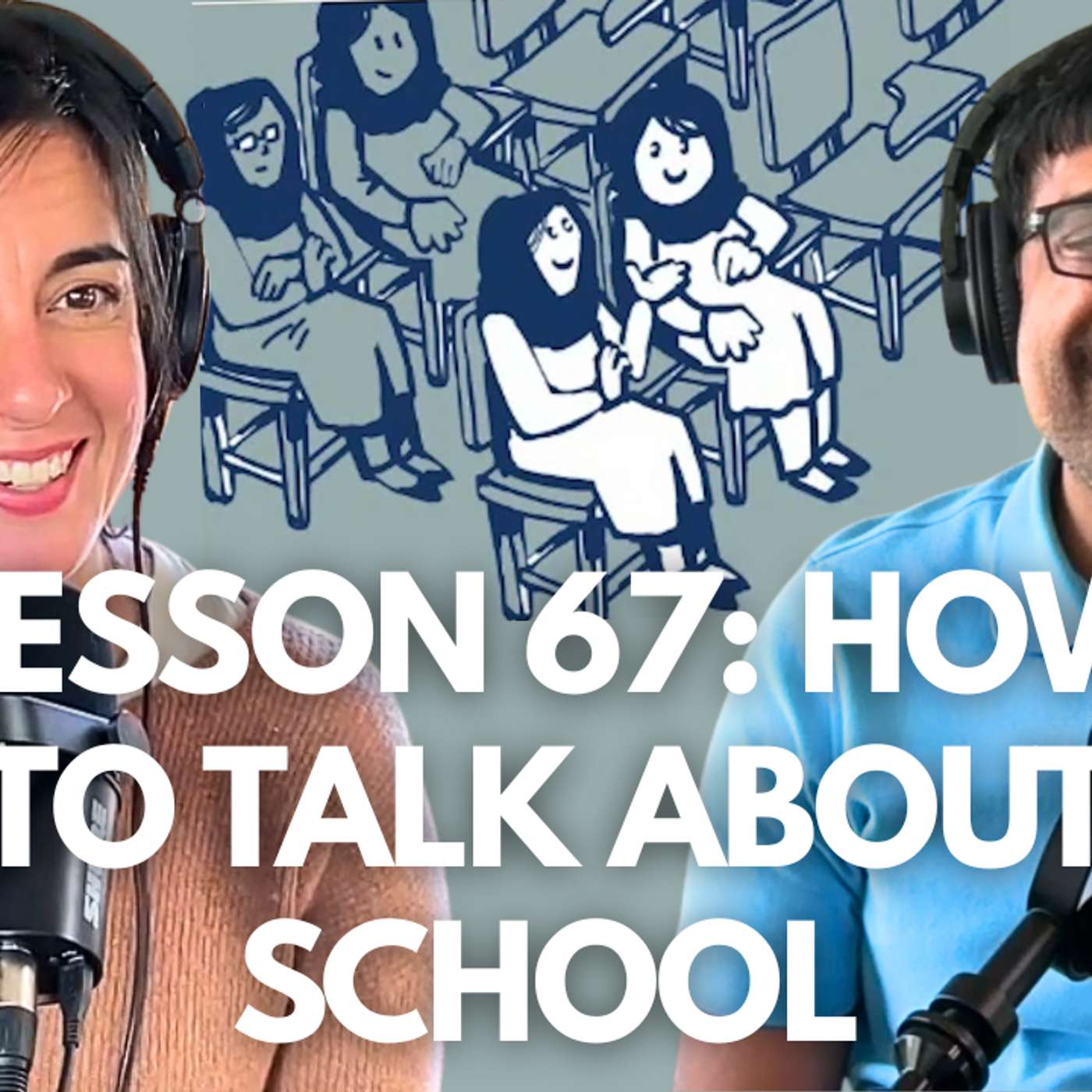
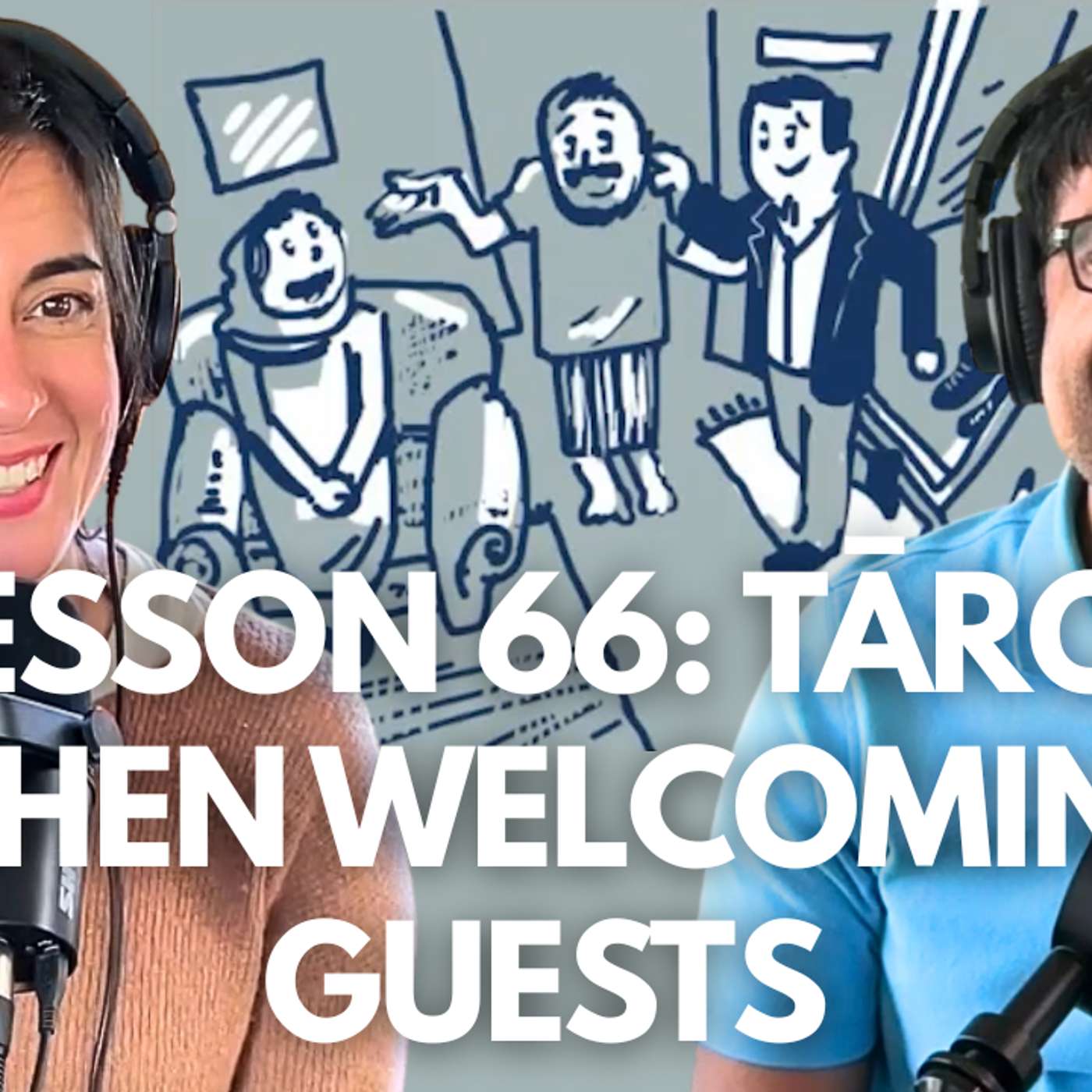
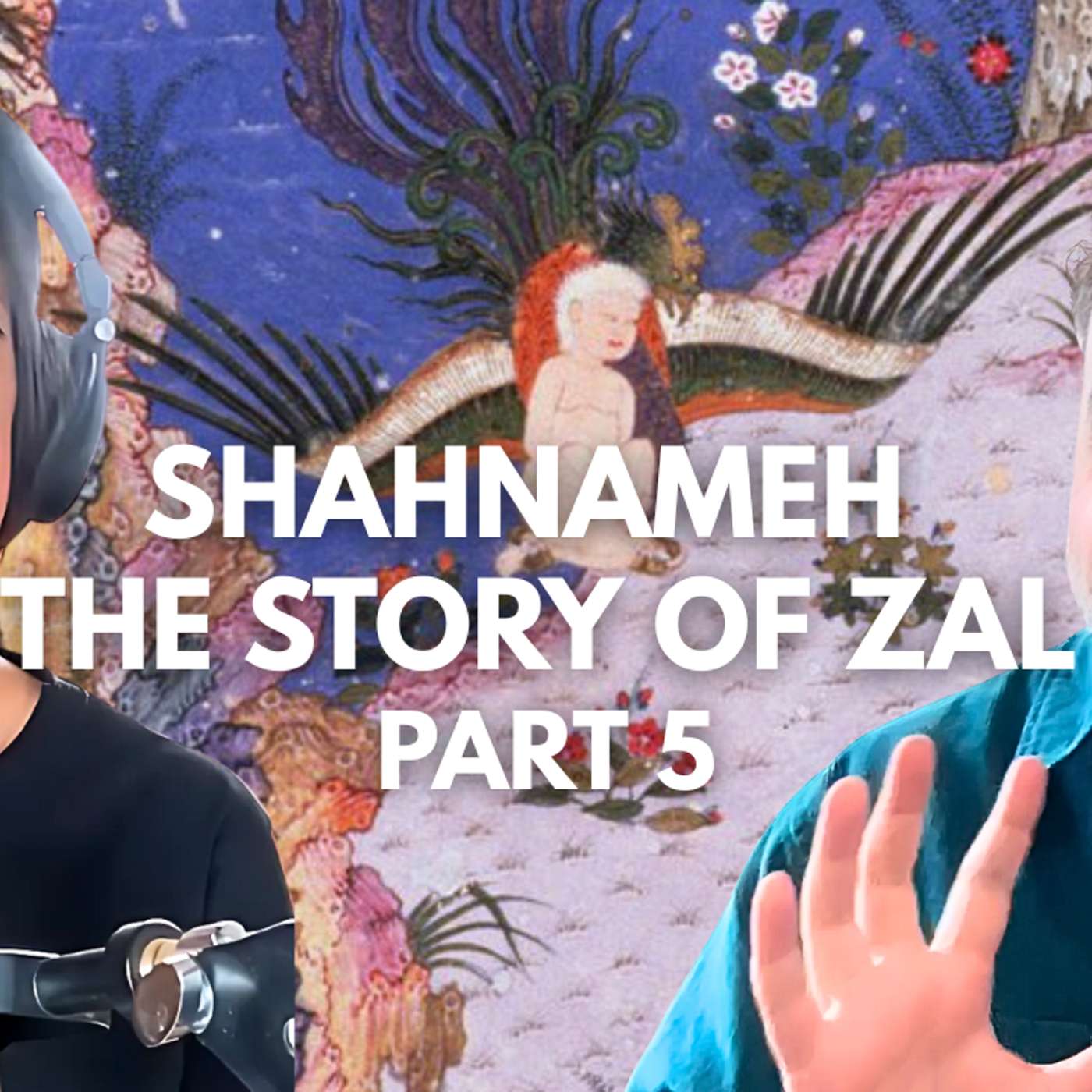
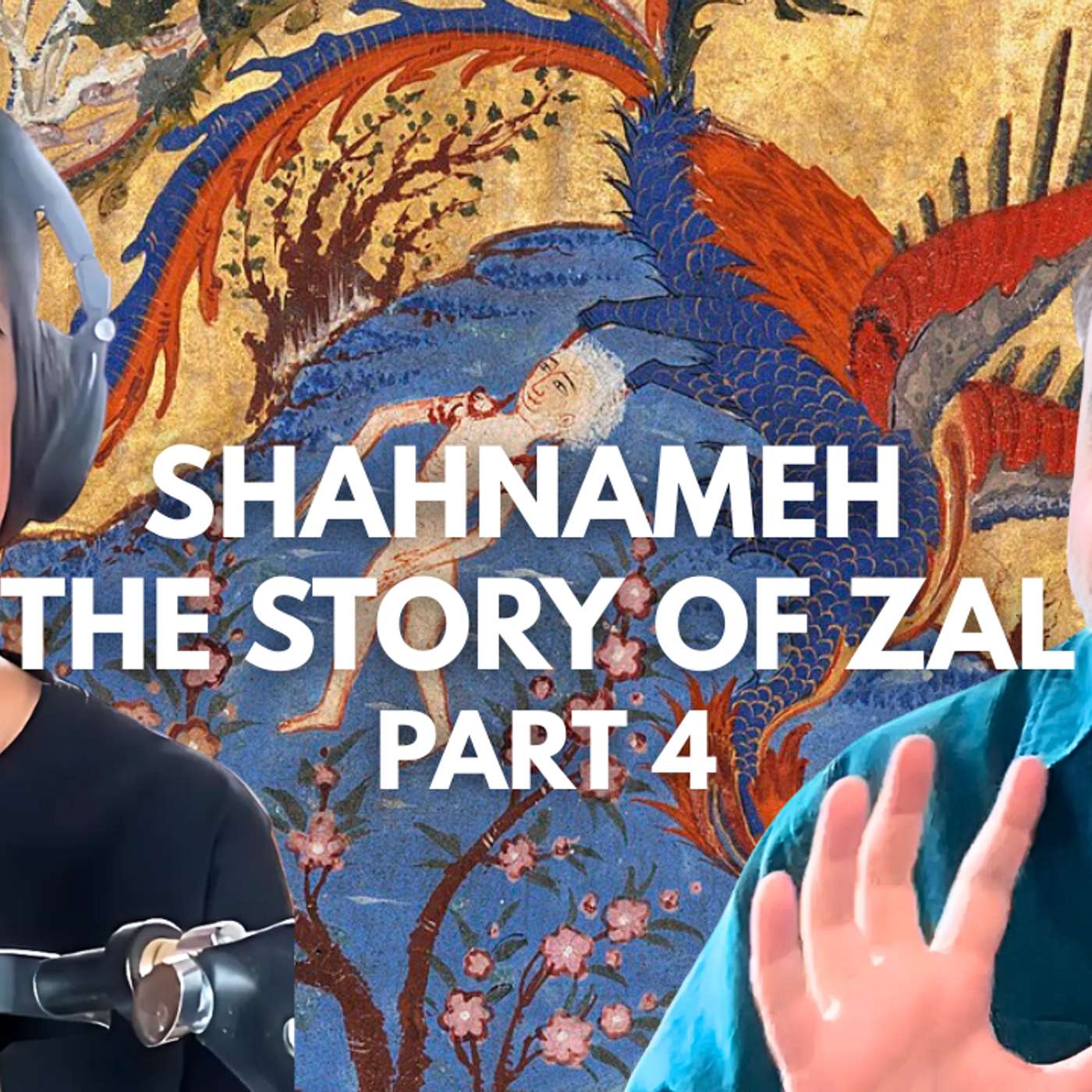
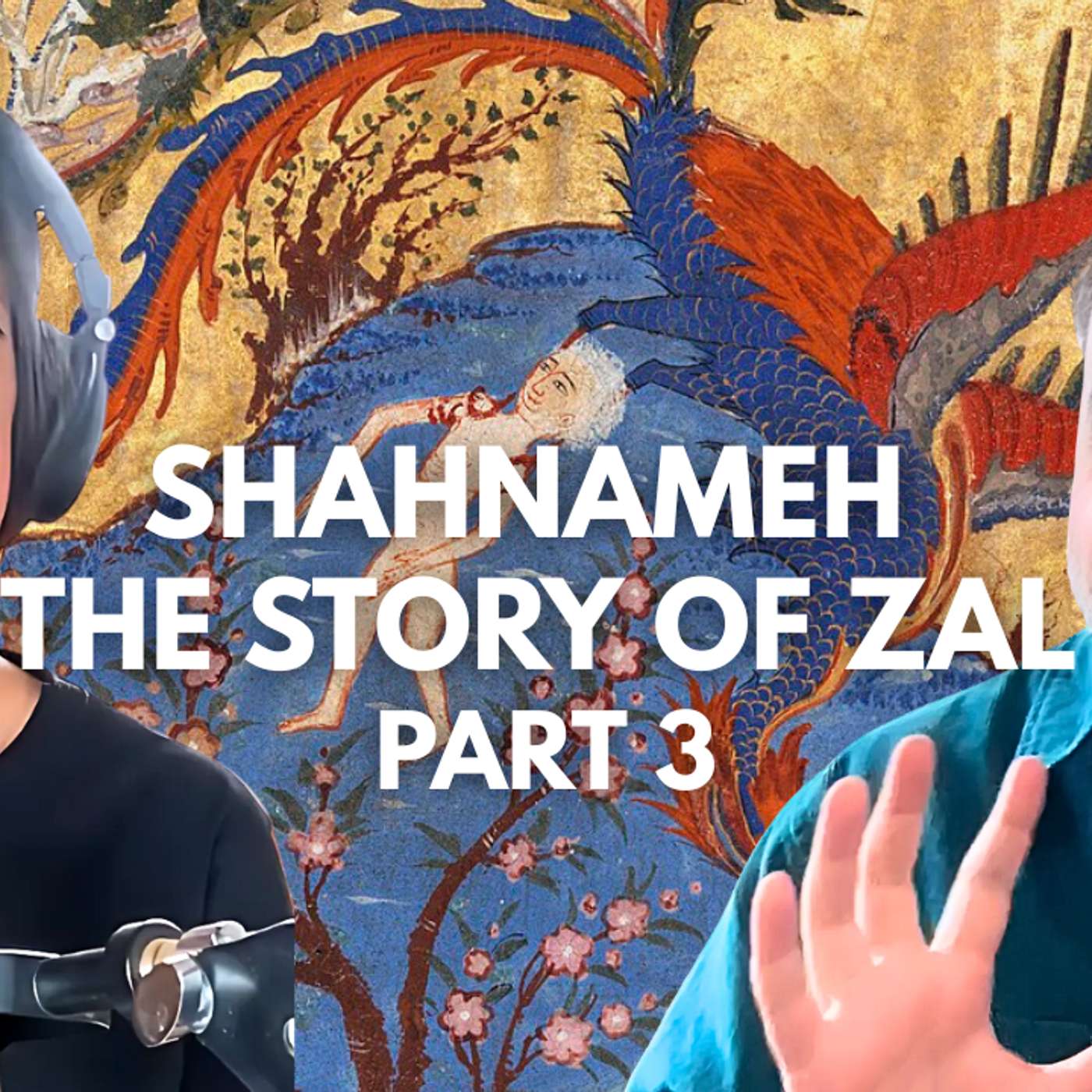



It was useful for me
چقد دیدن اینپادکست خوشحال کننده بود ♥️👏🏻
Thank you in Persian is mersy??! No No is Mamnon(ممنون)
ای مرغ سحر عشق ز پروانه بیاموز کان سوخته را جان شد و آواز نیامد این مدعیان در طلبش بی خبرانند او را که خبر شد خبری باز نیامد same concept from saadi
خیلی خوب بود و خاص . این حرفارو هیچ جایی نمی شد شنید . من ایرانم و همکارم یهودیه . مشکلی با هم نداریم
I enjoyed this episode a lot, high and positive energy and vibe 🙏🏽👌🏽
Thank you again for your tireless work. As an exiled soul in Dushanbe, Tajikistan, there’s little I can do for our culture, but maybe one day, my son will hear my voice telling this story on your podcast. That will be my happiest moment. A migrant on his path, Amir Attar
Discovering your podcast has been a beautiful bridge for me. It’s given me the chance to introduce Aryan to this part of our heritage, to help him understand the literary and cultural world his parents cherish. Lastly, I’d love to record and share a retelling of The Conference of the Birds by Attar, a story deeply meaningful to me. Maybe it could help if you ever discuss Attar on your podcast.
I also wanted to share a personal story with you. I have a 10-year-old son who left Iran with us when he was just a year old. Due to circumstances I won’t go into now, my wife, my son, and I were forced to migrate. While I turned to the works of Hafez, Saadi, Rumi, and Attar to cope with exile, my son immersed himself in learning English through YouTube to adapt to the new world ahead of him.
post-Islamic divisions—without any ideological or dogmatic lens. Seeing this passion of yours, which goes beyond professional work, truly warmed my heart.
Dear Leila, I’m Amir, one of the listeners of your podcast, Masti o Rasti. Yesterday, I listened to your beautiful and captivating episode with Ram twice: once in the morning before starting work, and again at night after finishing work and my daily run with my partner. I wanted to take this opportunity to sincerely thank you. In a time when, unfortunately, the beauty and depth of the Persian language and literature aren’t given much importance in Iran, you’ve created a space where not only ar
hello Ms leila.first of all ,i would like to thank you for all your efforts to teach the persian language to english speakers.second ,with your permission ,i would like to correct the mistake i heard in this episode.یارب is an arabic phraseband means my god or oh god,and nothing to do with یار. and finally دیده means eye and no longer used in common farsi speaking.good luck.
سلام.خسته نباشید به خاطر اینهمه تلاشتون برای آموزش زبان و ادبیات فارسی به انگلیسی زبانان.اگر اجازه بدید یک اشتباه را تصحیح کنم یارب در شعر حافظ و البته همه جا به معنی :"ای خدا" هست و یک اصطلاح عربی است. کلمه ی "دیده" هم به معنی دقیق" چشم "هست.
hi,the true for line 3:ترشرویی نکن مهمون عزیزه(عزیز است)
سلام. وقتتون بهخیر. ممنونم از پادکست خوبتون و زحماتی که برای معرفی زبان شیرین فارسی میکشید. جسارتا، خواستم نکتهای رو متذکر بشم: تو این بیت فعل امر "سازی" بهمعنای بنا کردن نیست که build ترجمه بشه. اینجا "ساختن" بهمعنای کنار اومدن و تحمل کردنه. میگیم: "میسوزیم و میسازیم." یعنی، درعین تحمل رنج، تحمل میکنیم و چیزی نمیگیم. یا مثلا میگن: "فلانی آدم بسازیه." یعنی، تو همهی موقعیتها، با بد و خوبت کنار میاد و سازگاره. بههرصورت، پادکستتون عالیه و پر از انرژی خوب. برقرار باشید و شاد.
پادکستر عزیز، پادکست شما در گروه " دنیای زبان " پادکست استور معرفی شد. https://t.me/ziipodcaststore پادکست استور حامی پادکست هاست. (برای دیدن ادامه این کامنت اینجا 👆 ضربه بزنید) در صورت اشتباه در ارائه اطلاعات مانند لینک پادکست یا نام پادکستر ما را از طریق پشتیبانی پادکست استور در تلگرام مطلع کنید. در ضمن شما دعوت هستید به دو گروه پادکستر ها https://t.me/ziiPcreationguide و شنوندگان https://t.me/ziicastboxLguide #پادکست #پادکستاستور.....
Hi.thanks for your effort✌️🙏
Hi thank you for your wonderful podcast , but when we wanna learn a new language , after a while this is better to speak with that language , why don't you speak farsi some times?
Please keep it up, your podcast is the best 🌹👍
درود بر شما پادکستتون عالیه 🙏🌹🌹🌹 Hello, your podcast is great 🌹